
The Link Between Gut & Sleep
It’s well established how important a good night of sleep is for our overall physical, mental and emotional wellbeing. I’m sure you’ve experienced the brain fog, fatigue and lack of concentration that follows a night of restless sleep.
The microbial cells in our digestive system (also known as the gut microbiome) have a large role in supporting our overall health and wellbeing, as they absorb nutrients from the food we eat, produce immune system molecules, influence metabolism, and produce neurotransmitters and other key molecules for our health. Put simply, the more diverse the microbiome, the better your overall health.
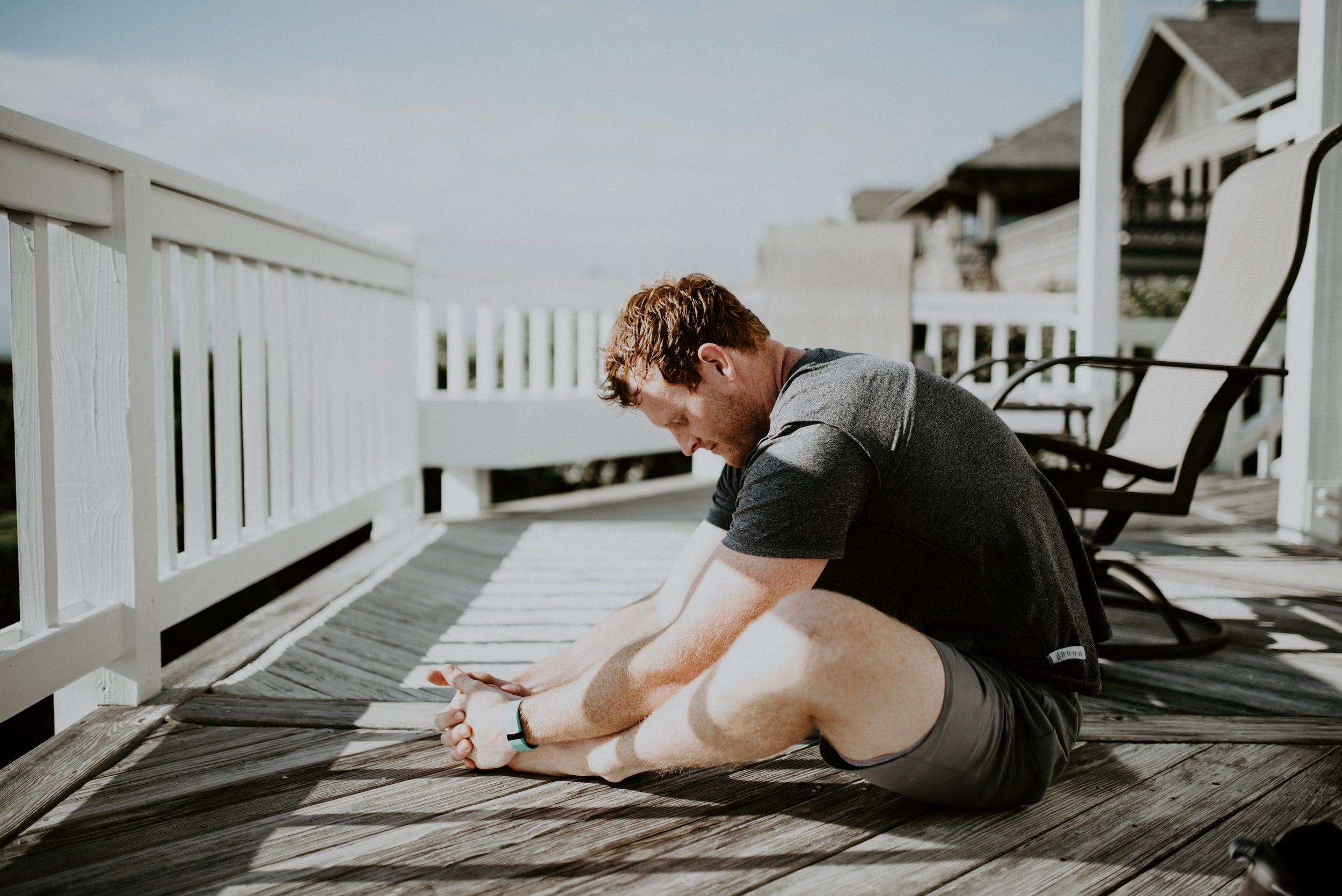
What is Osteopathy?
Osteopathy is a holistic health practice focusing on treatment via the structure and function of the body. It was founded in the 1800s by American physician Andrew Taylor Still. Born on the frontiers of European settlement in 1828, Still grew up amongst Indigenous Americans with a Cherokee great grandmother. He trained as a conventional medical doctor and served as a surgeon during the American Civil War but many experiences, including the failure of medicine to save the lives of three of his daughters from spinal meningitis, led to his desire to reform the medicine of his day.
Still took his inspiration from nature as well as indigenous peoples
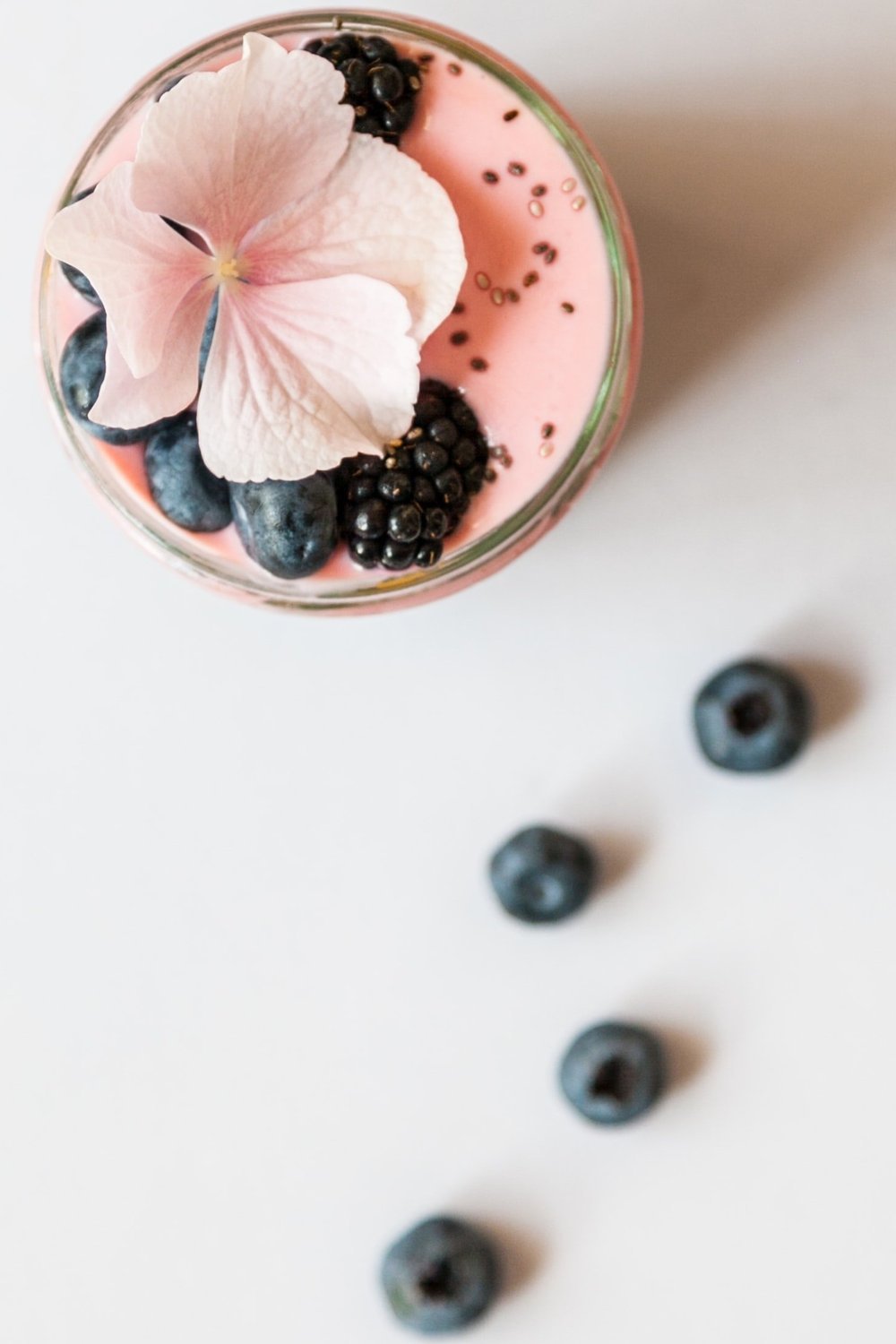
What Does A Naturopath Actually Do?
Naturopaths are like the general practitioners of natural therapies. They study a four-year Bachelor of Health Science in Naturopathy to learn how to blend modern scientific knowledge with traditional and natural forms of medicine, making them a great starting point to access the world of holistic health care.
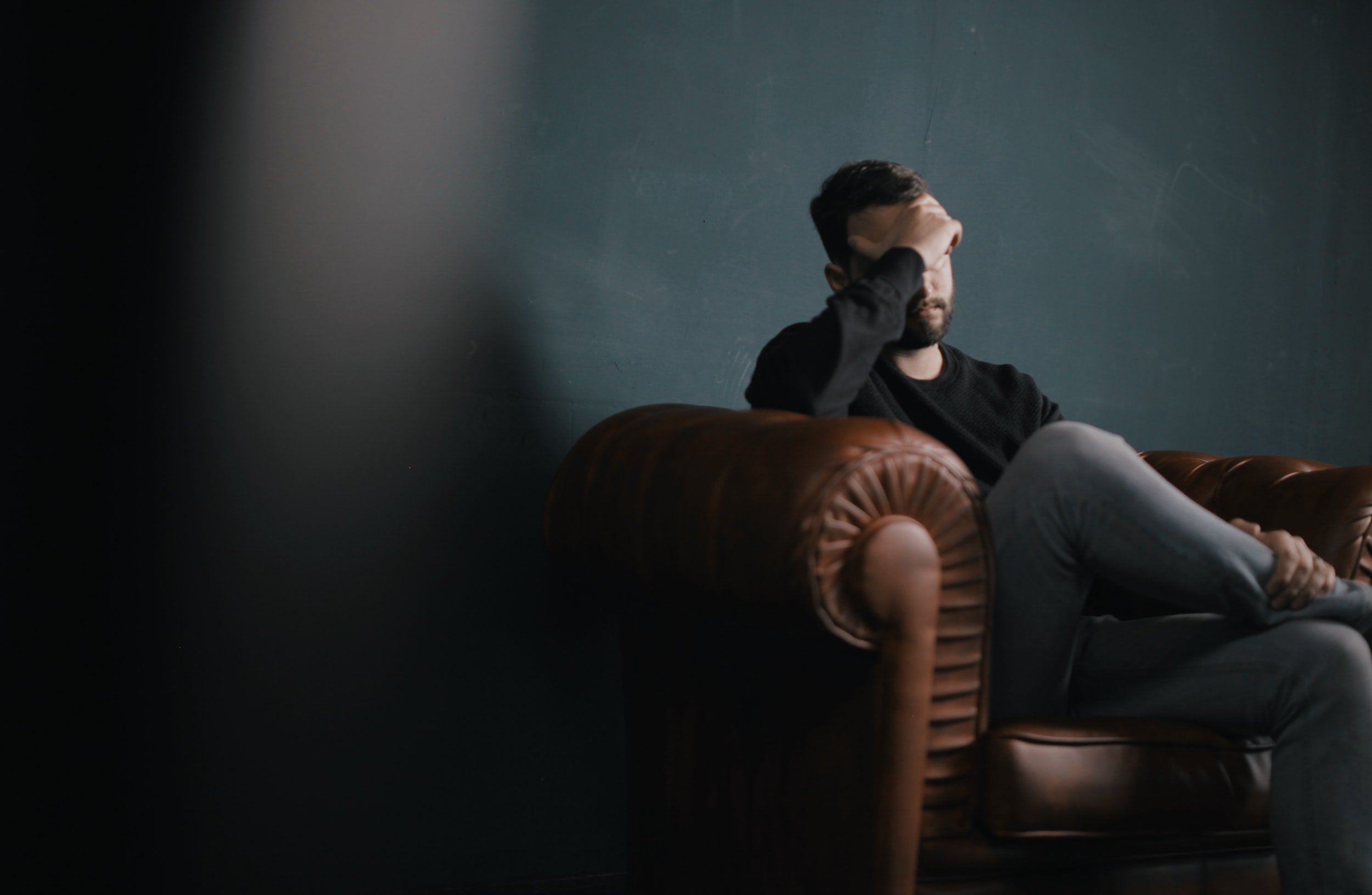
What if pain was our Friend?
Research has shown that there are no pain receptors in the body only receptors/nociceptors that detect unpleasant stimuli. The unpleasant impulses get sent to the brain areas for processing and it is the brain that determines if you will feel pain or if you do not. The amount of pain we feel is always real to us – I am NOT suggesting it is imagined in any way – but the intensity of pain experienced is NOT dependent upon the amount of damage or problems in the body’s structures. There are countless stories of people who have had no pain when they have suffered a severe injury or conversely people who have experienced horrendous pain with no known cause. There is the famous story of the man who shot a nail through his foot and was brought to hospital in agony only for the hospital staff to remove his boot to discover the nail had gone between his toes. Lorimer Moseley a leading pain researcher has written an interesting book about it called, ‘Painful Yarns: Metaphors & Stories to Help Understand the Biology of Pain.’
Pain has also shown to be influenced by the context it is viewed in

Flower Essence Therapy

Healing From The Long Shadow Of Religious And Cultural Conditioning
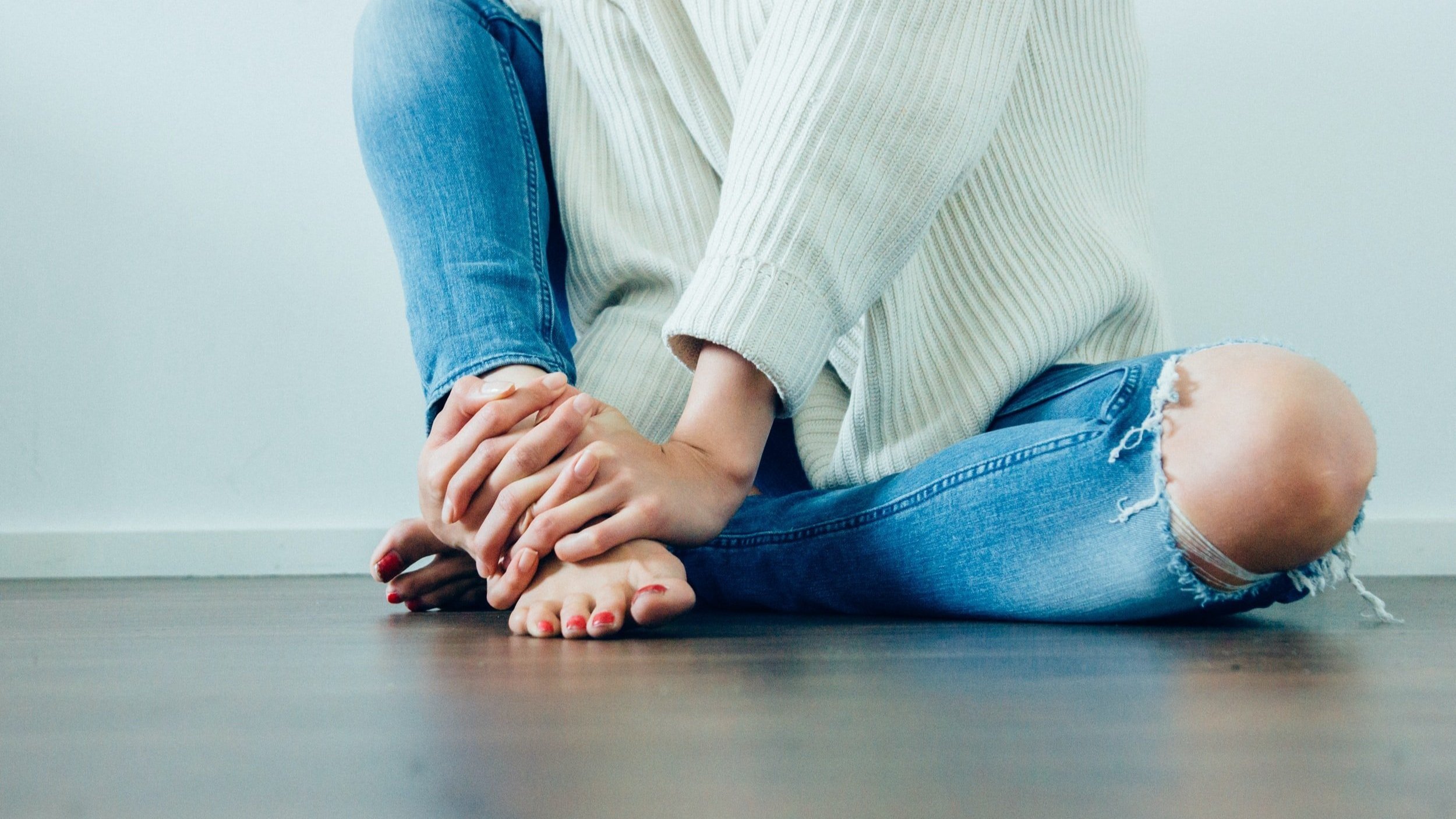
Why Are My Pains Or Injuries Always On The Same Side of My Body?

Who’s Noticing?

Are You In A Manifesting Rut?
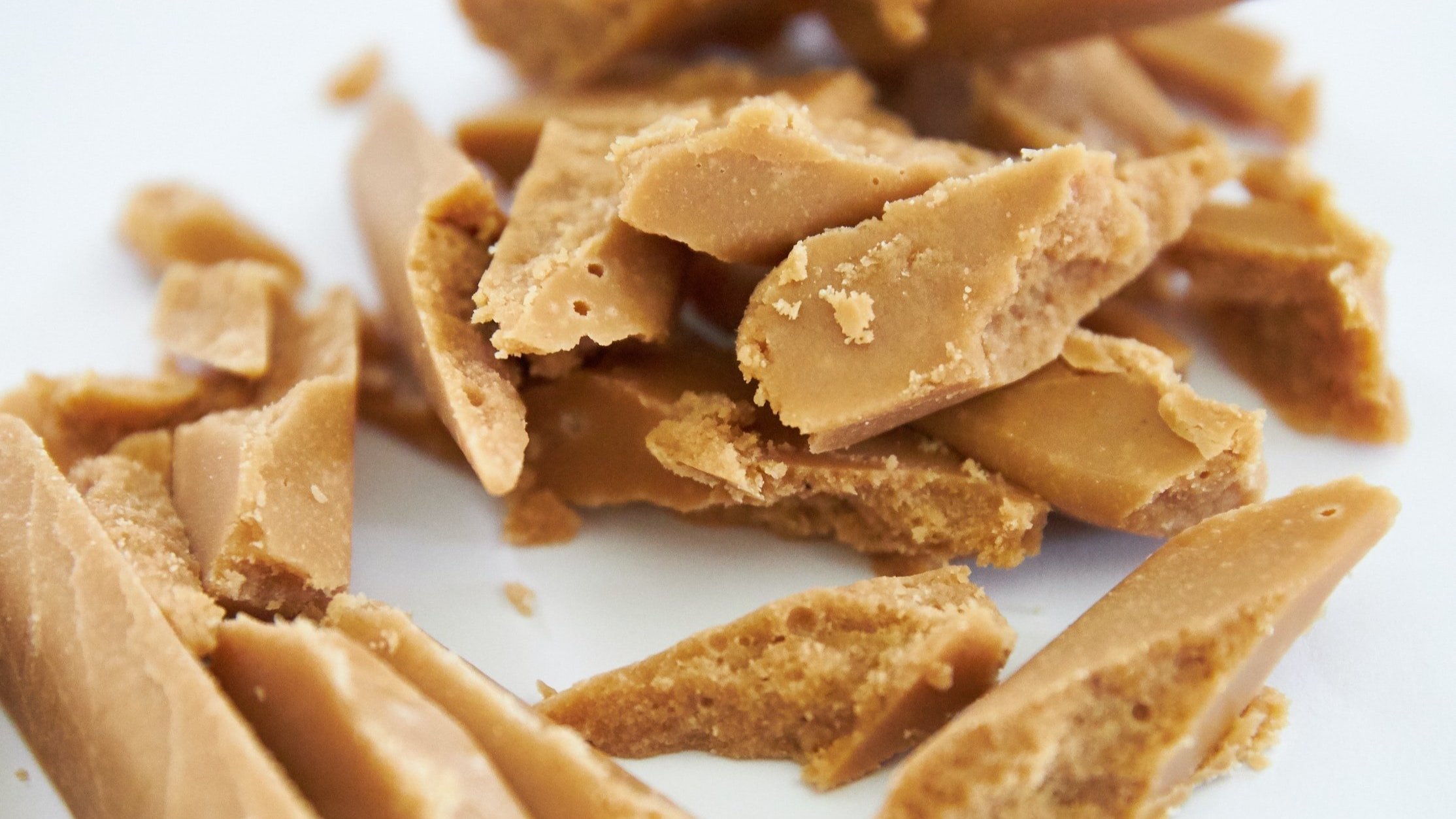
Shea Butter From The Tree of Life
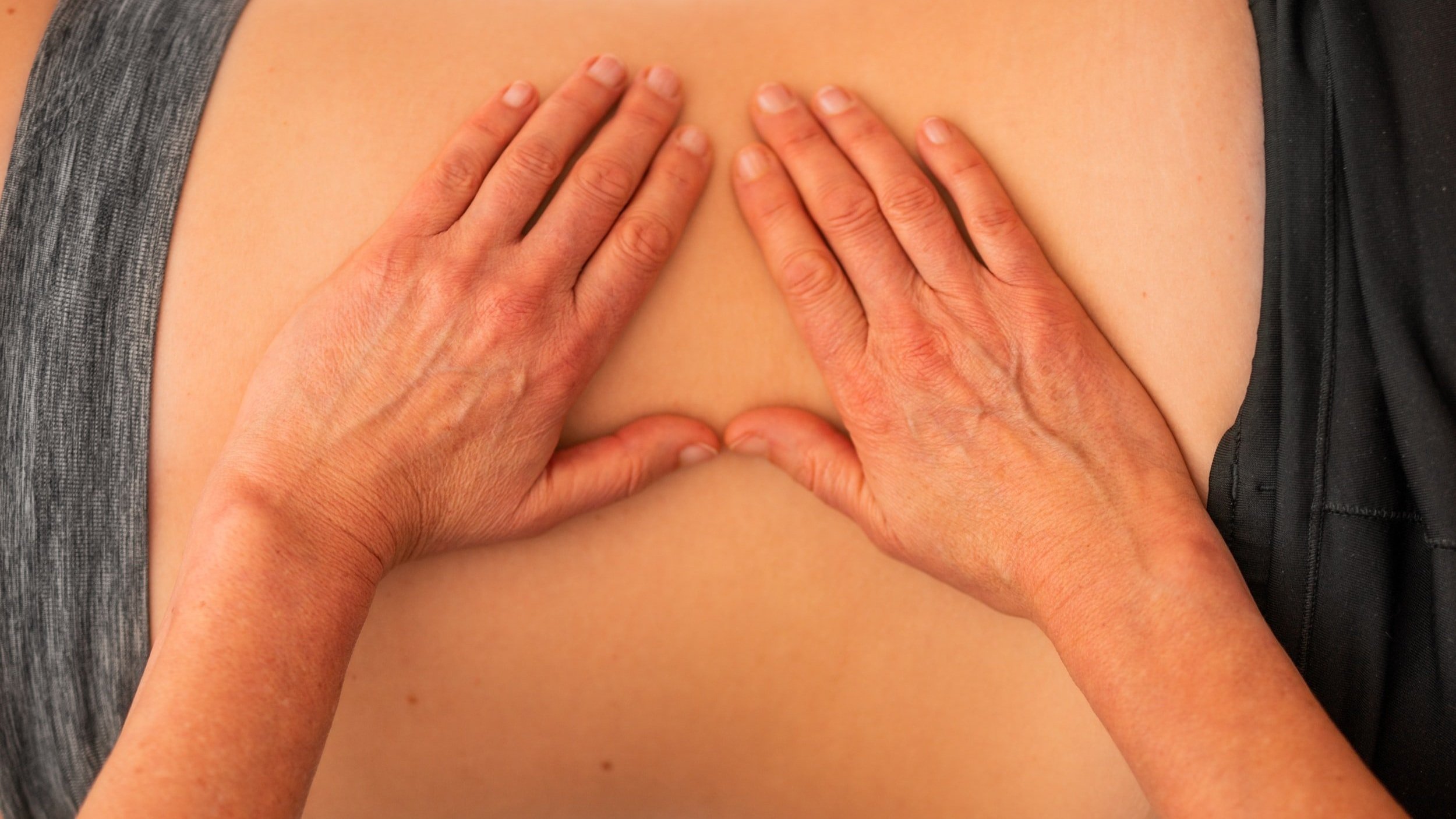
CHRONIC PAIN, NECK & BACK ACHES, STIFFNESS AND DISCOMFORT - BOWEN THERAPY CAN HELP
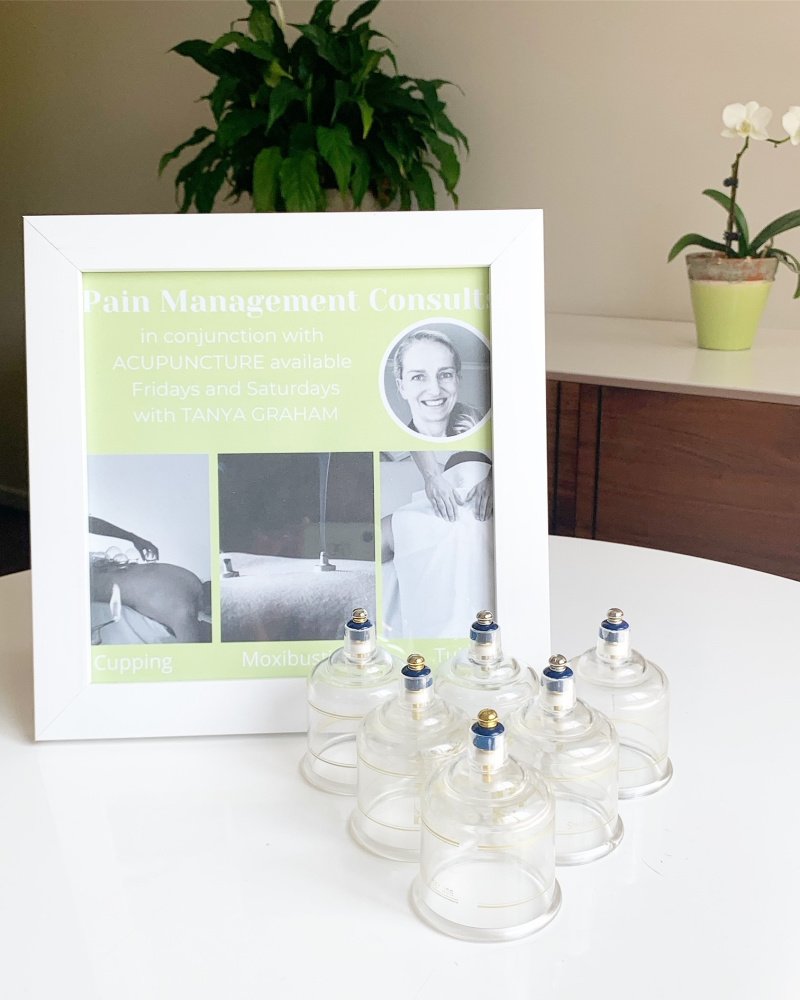
Traditional Chinese Medicine and Pain Management
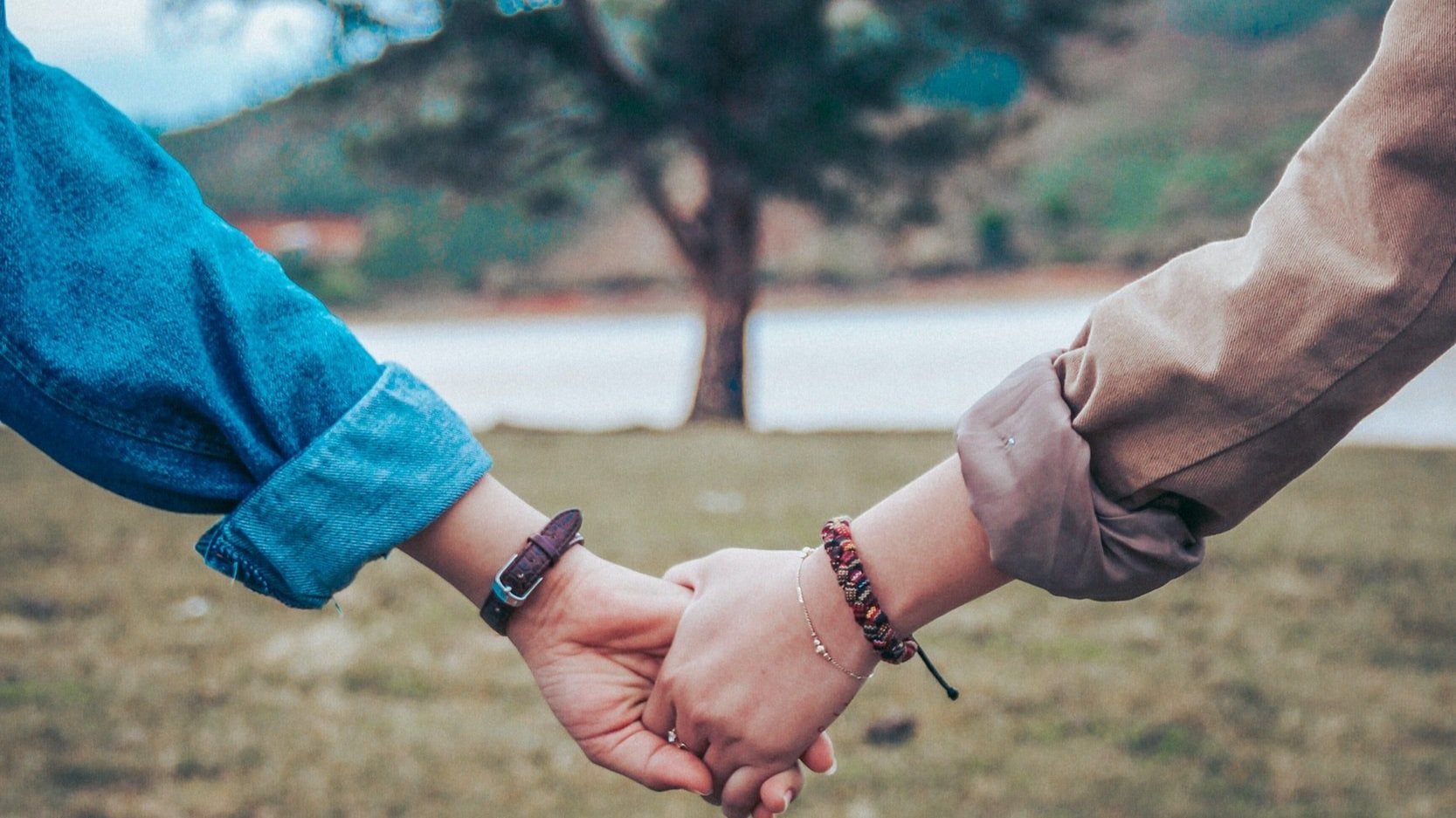
IVF PREPARATION
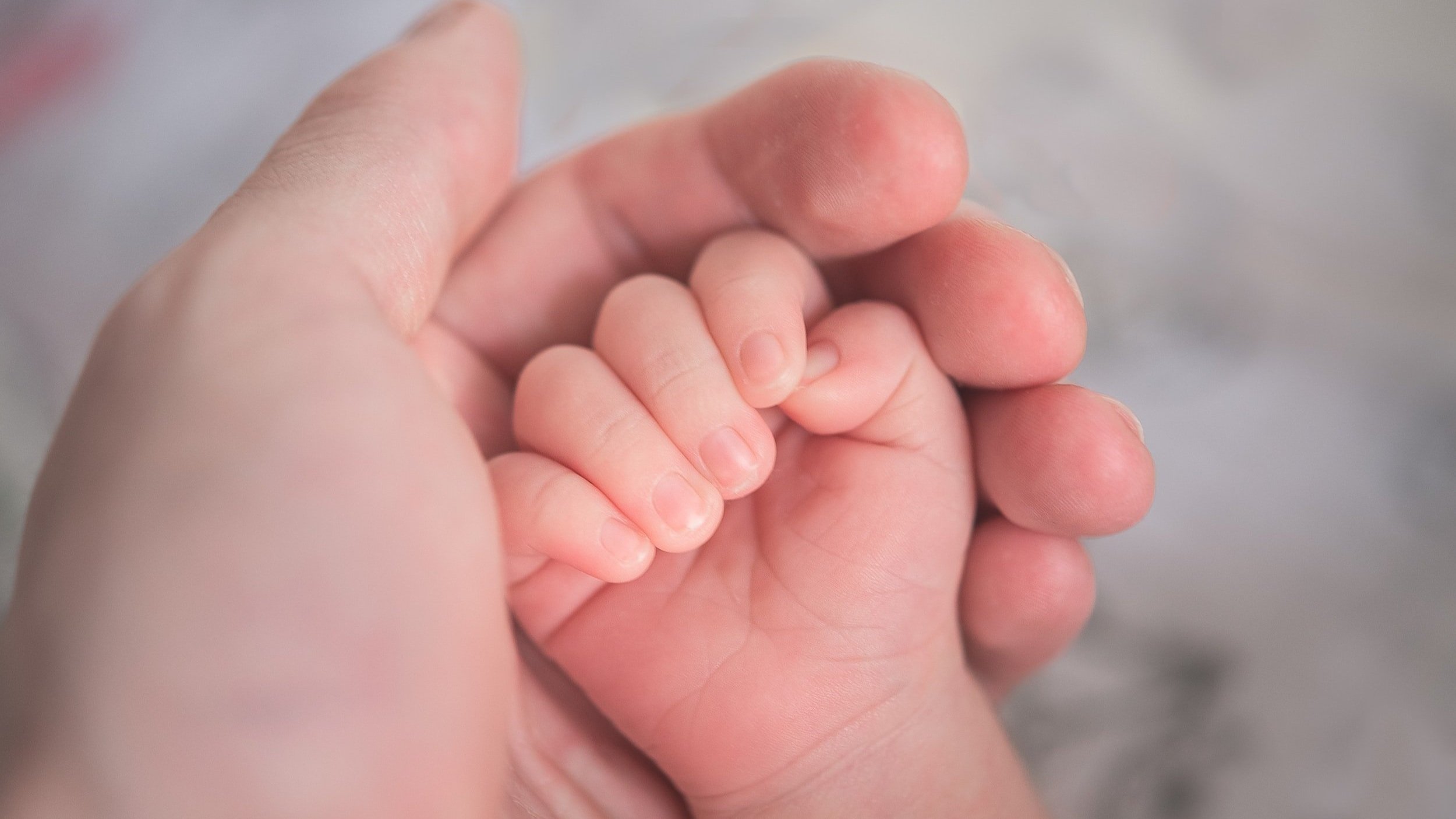
PREPARING FOR LABOUR AND BIRTH
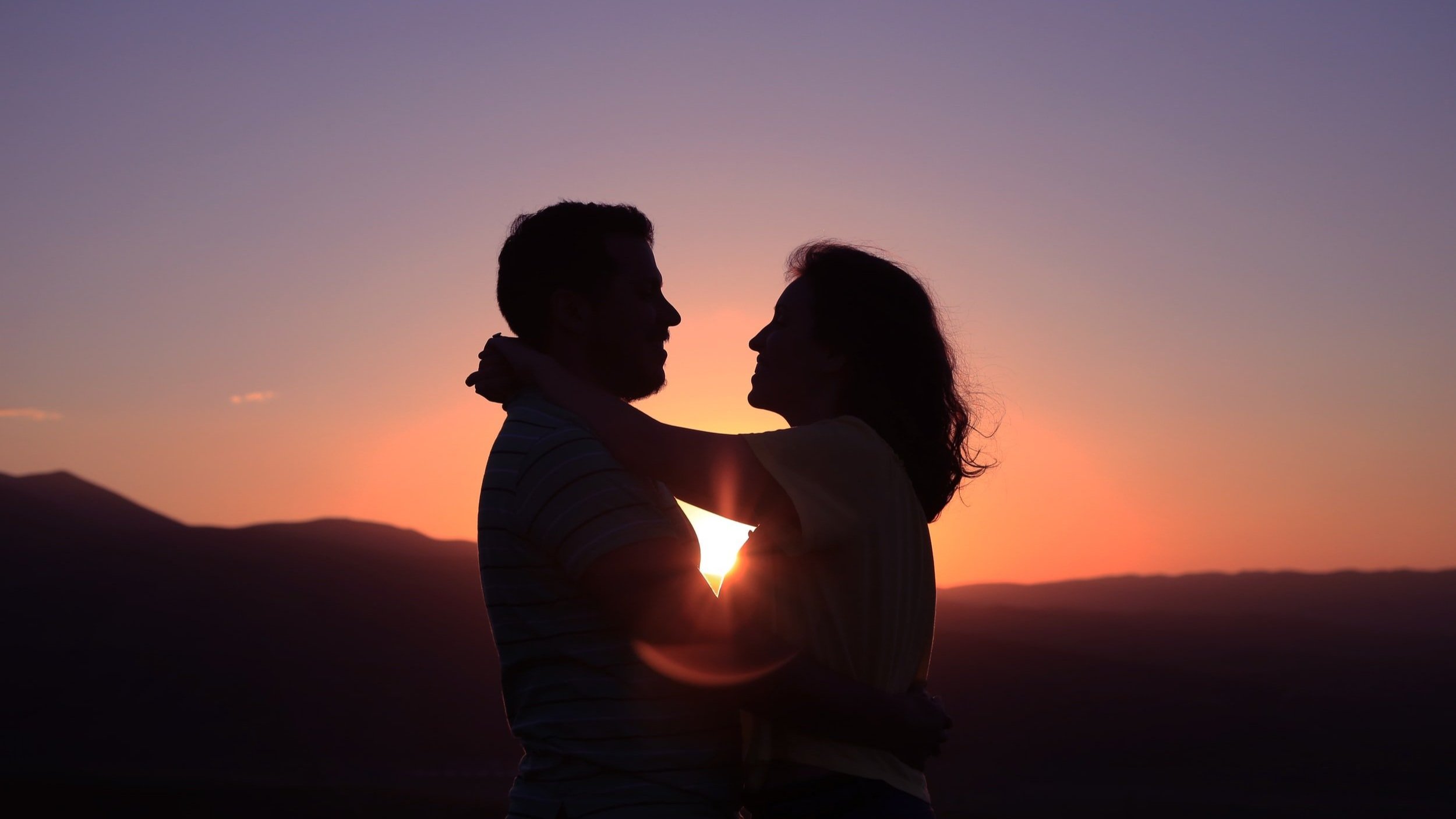
IS BEING IN LOVE A HEALTH HAZARD?

Live Well Winter Wellness Tips

HORMONES AND ANXIETY: UNDERSTANDING THE CONNECTION

Relieving Anxiety
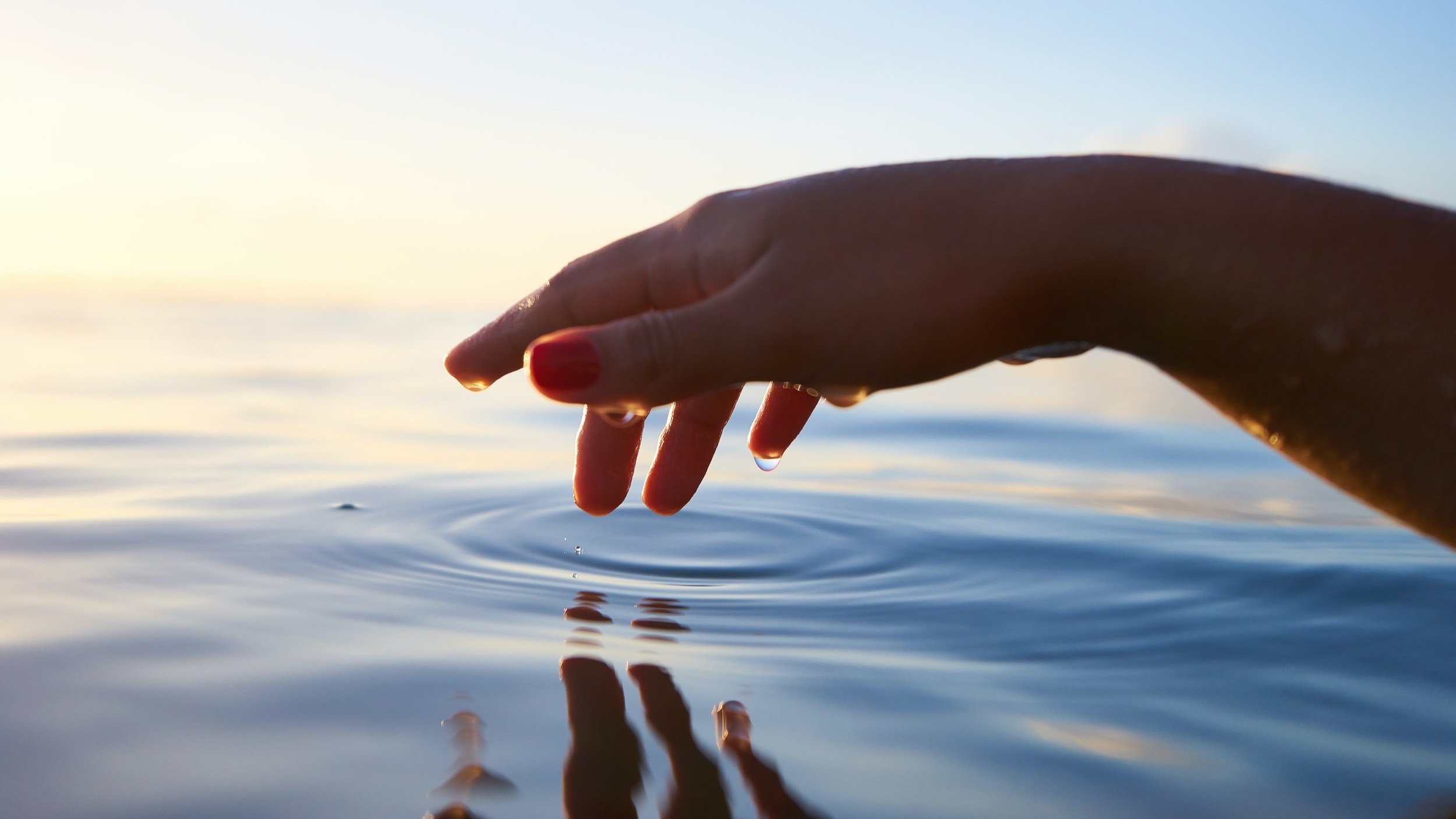
Pain Relief with Bowen Therapy
Want more? Search below to access more great reading.
Join the tribe. Sign up below to receive our wellness blog.
